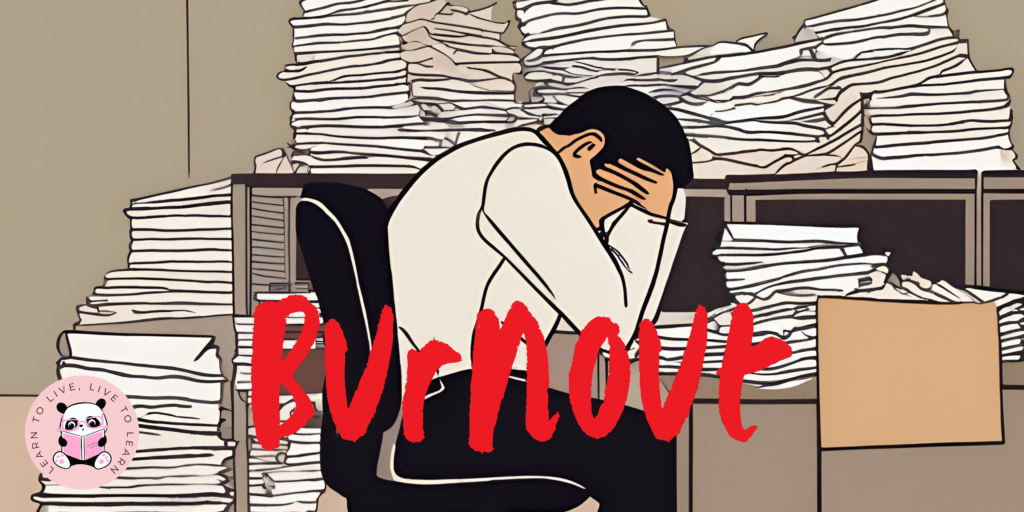Here Are The Common Pitfalls That Cause Us To Make Poor Choices
Written by Michelle Ong | November 23, 2024

We make hundreds of choices every day — but the real trouble starts when hidden habits quietly lead us in the wrong direction.
We make decisions all the time — big ones, small ones, emotional ones, rushed ones.
And sometimes, without noticing, we fall into patterns that push us toward choices that don’t serve the life we want.
Here are the common traps to watch out for (and how they show up in real life).
. Not Knowing What You Truly Want
Ever travelled with friends and realized you all have very different styles?
Some love having everything planned for them. Others want the freedom to explore.
Your travel style says a lot about your decision-making style.
If you’re unsure of what you prefer, you’ll let others — or circumstances — decide for you.
But when you know what matters to you (your ikigai, your values, your priorities), your choices naturally become clearer and more aligned with the life you’re trying to build.
2. Rushing Because the Clock Is Ticking
“Only 3 minutes left!” “Flash sale!” “Limited time only!”
We’ve all fallen for it. Scarcity creates pressure — and pressure creates impulsive decisions.
When time seems short, your brain switches to survival mode and grabs the fastest option, not the best one. Half the time, you weren’t even sure you wanted the thing.
3. Low Self-Discipline
There’s a study on self-control behavior in children — the marshmallow experiment —conducted by researchers from Harvard University.
The kids who waited ended up doing better later in life — not because marshmallows matter, but because self-control does.
In adulthood, it shows up as:
Choosing long-term gain over instant relief.
Sticking to priorities.
Saying no even when it’s uncomfortable.
Self-discipline helps you choose what supports your growth, not just what feels good right now.
4. Overthinking Everything
When you’re stuck in “what if” mode, decisions feel heavy. You start worrying about other people’s opinions, making the “perfect” choice, or not messing up.
But overthinking doesn’t protect you — it just slows you down or stops you completely.
It narrows your perspective, creates stress, tunnel vision, and unfair expectations (for yourself and others).
“Mistakes are a fact of life. It is the response to the error that counts.” – Nikki Giovanni
We all make missteps, and that’s okay.
What matters is how you learn, adapt, and move forward.
Progress always beats perfection.
Every small step is still a step toward clarity, growth, and better choices.
💡Discover common bad habits that can sabotage yourself and path in life.
5. Your Blind Spots and Biases
We all see the world through our own filters — shaped by childhood, personality, past hurt, culture, and beliefs.
These filters make certain decisions feel “obviously right,” even when they may not be.
Recognizing your biases helps you pause, widen your perspective, and make choices based on reality — not assumptions.
6. Chasing Too Many Things
“Contentment is the greatest wealth. Greed is the greatest poverty.” – Buddha
With endless options and constant social comparison, it’s easy to fall into “more, more, more” mode.
But wanting everything drains your time, energy, and mental clarity. When everything is important, nothing is.
Reducing choices actually makes decision-making easier — and healthier.
💡Discover the pitfalls of wanting more.
7. Needing Too Much Control
Uncertainty scares many of us.
We cling to the familiar even when it no longer fits who we’re becoming.
But when you try to control too much, you:
Say no to opportunities.
Limit growth.
Stay in safe but stagnant situations.
Letting go a little gives you room to see new possibilities.
8. Letting Emotions Take the Wheel
Emotions matter — they’re information.
But when they run unchecked, you drift into decisions you later regret.
Stress, exhaustion, or low motivation can cloud your thinking.
Emotional awareness helps you balance feeling and logic.
9. Regret and Comparison
“Hindsight is 20/20.” But living in regret? That traps you in the past.
When you compare your decisions with someone else’s outcomes, you start choosing out of fear — fear of falling behind, fear of being wrong, fear of not measuring up.
That’s how poor decisions sneak in.
10. Life’s Gray Areas
Not all decisions are clean-cut. Sometimes values clash with benefits. Sometimes the “right” choice isn’t obvious.
This is where your personal values, boundaries, and integrity guide you — not pressure or external noise.
💡Read this for effective strategies on making smarter choices.
Final Thoughts
“You are free to choose, but you are not free from the consequence of your choice.” – Zig Ziglar
Every choice shapes your path.
The more aware you are of these pitfalls, the easier it becomes to make decisions that actually support your goals, well-being, and future self.
🌱 Reader Reflection
Which of these pitfalls do you fall into most often — and how has it shaped your decisions lately?
What’s one small shift you can make this week to choose more intentionally?


